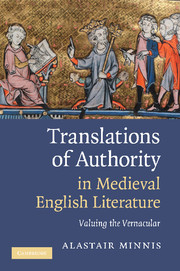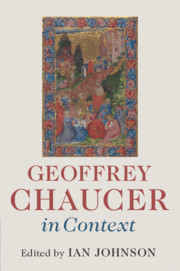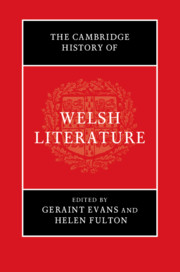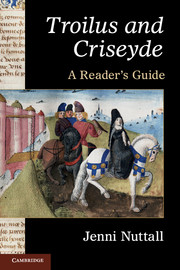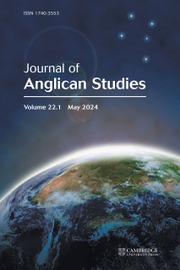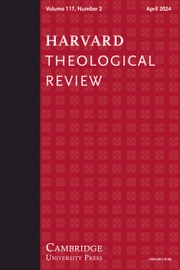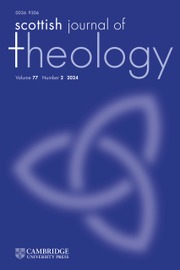Translations of Authority in Medieval English Literature
Valuing the Vernacular
$53.99 (C)
- Author: Alastair Minnis, Yale University, Connecticut
- Date Published: January 2012
- availability: Available
- format: Paperback
- isbn: 9781107403949
$
53.99
(C)
Paperback
Other available formats:
Hardback, eBook
Looking for an examination copy?
If you are interested in the title for your course we can consider offering an examination copy. To register your interest please contact [email protected] providing details of the course you are teaching.
-
In Translations of Authority in Medieval English Literature, leading critic Alastair Minnis presents the fruits of a long-term engagement with the ways in which crucial ideological issues were deployed in vernacular texts. The concept of the vernacular is seen as possessing a value far beyond the category of language - as encompassing popular beliefs and practices which could either confirm or contest those authorized by church and state institutions. Minnis addresses the crisis for vernacular translation precipitated by the Lollard heresy; the minimal engagement with Nominalism in late fourteenth-century poetry; Langland's views on indulgences; the heretical theology of Walter Brut; Margery Kempe's self-promoting biblical exegesis; and Chaucer's tales of suspicious saints and risible relics. These discussions disclose different aspects of 'vernacularity', enabling a fuller understanding of its complexity and potency.
Read more- Highly respected scholar's new contribution to an important area of medieval studies
- Offers a fuller, richer understanding of the concept of 'the vernacular' in medieval literature
- Gives insight into the complex relationship between elite and popular culture in the medieval period
Reviews & endorsements
“..fascinating and lively essays, which … fully interrogate the idea of the ‘true value’ of the vernacular”
-Anthony Bale, TLSSee more reviews‘Minnis slaloms down the steep slopes of scholastic theology with virtuosic ease and rapidity. … This … is an impressive book that anyone interested in arguments about vernacular theology and English orthodoxy, or anyone interested in how Alastair Minnis continues to write so well and so much, will want to read.”
-James Simpson, Notes & Queries"'Minnis investigates many possibilities for reciprocity and mirroring between Latin and vernacular, treating both not merely as spoken and written languages, but also as textual, cultural, and institutional practices.... Together with the many incidental pleasures afforded by a book that is redolent throughout of its author's long familiarity with the creativity of scholastic thought, Minnis's greatest achievement here is to make this revisiting of textual cruces look easy"
-Mishi Bose, Studies in the Age of ChaucerCustomer reviews
Not yet reviewed
Be the first to review
Review was not posted due to profanity
×Product details
- Date Published: January 2012
- format: Paperback
- isbn: 9781107403949
- length: 290 pages
- dimensions: 229 x 152 x 17 mm
- weight: 0.43kg
- availability: Available
Table of Contents
Introduction
1. Absent glosses: the trouble with Middle English hermeneutics
2. Looking for a sign: the quest for Nominalism in Ricardian poetry
3. Piers' protean pardon: Langland on the letter and spirit of indulgences
4. Making bodies: confection and conception in Walter Brut's vernacular theology
5. Spiritualizing marriage: Margery Kempe's allegories of female authority
6. Chaucer and the relics of vernacular religion.
Sorry, this resource is locked
Please register or sign in to request access. If you are having problems accessing these resources please email [email protected]
Register Sign in» Proceed
You are now leaving the Cambridge University Press website. Your eBook purchase and download will be completed by our partner www.ebooks.com. Please see the permission section of the www.ebooks.com catalogue page for details of the print & copy limits on our eBooks.
Continue ×Are you sure you want to delete your account?
This cannot be undone.
Thank you for your feedback which will help us improve our service.
If you requested a response, we will make sure to get back to you shortly.
×
